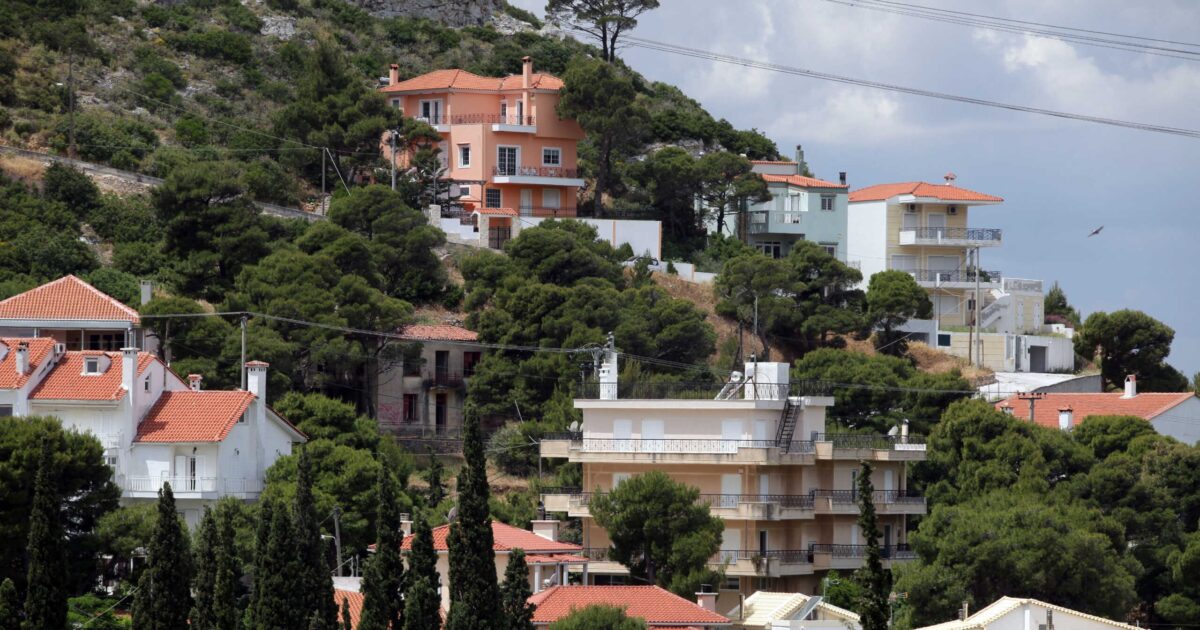In 2024 there was a year – landmark for the Greek market housing. Home values have been fully recovered and are 10 years old. Indeed, in the most commercial areas of the country, prices exceeded those in 2008, after a continuous upward trend.
The country’s economic growth, foreign investment, tourism efficiency and the development of the sharing economy have contributed significantly to this rise. According to Eurostat data for the second quarter of 2024, Greece records the sixth highest annual increase in EU housing prices, with 9.2%.
This continued increase is mainly attributed to demand from abroad. According to the Bank of Greece, from € 2.1 billion in direct foreign investment in the Greek economy in the first half of 2024, 54.2% (1.14 billion euros) was for real estate markets. This trend, which began in early 2023, continues with increasing intensity.
Obtaining a home in Greece is a safe and lucrative investment option, enhancing demand from abroad. According to CPS Research Department and Spitogatos.gr, 15% of real estate searches through digital platforms come from abroad, with the highest demand being Attica, mainly downtown Athens and southern suburbs (40.6% of searches), Thessaloniki (15.3%) and Halkidiki (10.6%). Following are the Peloponnese (8.5%), the Aegean islands (6.8%) and the Ionian Islands (2%). The countries with the biggest purchasing interest are the US, Germany, the United Kingdom, Australia, Serbia, Canada, Bulgaria, France, Ireland and Poland.
Most potential buyers from abroad have a budget of 250,000 to 600,000 euros, while the average price of a newly built cottage near the sea or overlooking the sea ranges from 300,000 – 350,000 euros. Southern Crete, mainly in the prefectures of Rethymnon and Chania, attracted significant investment interest in 2024, as well as the Ionian Islands and the Preveza region.
Recent government arrangements to limit new short -term leasing accommodation in downtown Athens and increasing the limits for acquiring real estate through the Golden Visa program may adversely affect the market. However, the relaxation of the ECB’s monetary policy, reducing inflation and improving macroeconomic conditions are expected to restore demand from abroad.
Challenges for Greek households
Housing is one of the biggest challenges for Greek households, as current prices are disproportionate to their income. Housing costs 35.2% of available income, compared to 19.7% in the EU. Also, 28.5% of the Greek population lives in households where housing costs exceed 40% of available income, compared to just 8.9% in the EU.
71% of potential buyers have a budget of 50,000 to 200,000 euros, while 69.5% will need bank lending to complete the market. However, 64.5% consider access to lending difficult and 75% estimate that interest rates are high. Strict credit policy and increased interest rates limit demand, reducing the tank of possible Greek buyers.
An additional issue is the limited availability of houses. Thousands of properties remain closed, belonging to individuals, the state, institutional bodies, banks and investment funds. The activity of the construction sector is not enough to fill the gap, while the short -term lease has helped to reduce the supply. As a result, most buyers relate to wealthy Greeks and foreign investors looking for high quality real estate in privileged locations.
